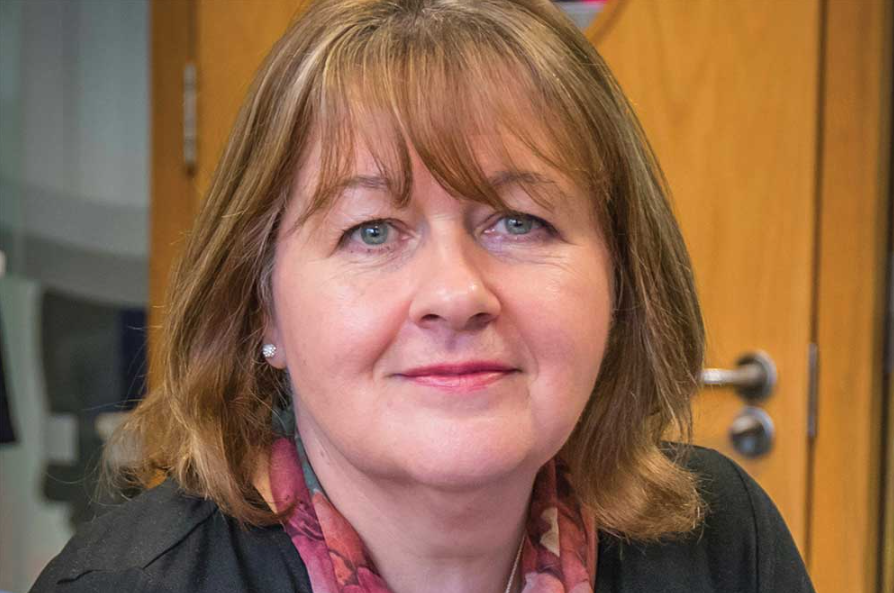
Air pollution affects us all. At home, at work, at school, at play. Whether it is on the daily commute, at the school gates or playing football in the park, pollution’s serious health impacts are very real.
Toxic air is a public health emergency and the very air we breathe contributes to up to 43,000 premature deaths a year across the UK (UK Health Security Agency, 2022).
“The weight of evidence showing the impact air pollution has on the human body is growing by the day”
Wherever you live or work in the UK, there is a very high chance that the quality of the air you breathe breaches World Health Organization recommended limits. That exposure is harmful to public health.
The weight of evidence showing the impact air pollution has on the human body is growing by the day. Lungs, heart, brain – a long list of serious health conditions are increasingly being associated with the dangers posed by toxic air.
A range of research has demonstrated air pollution’s potential link to diabetes and dementia as well as a heightened risk of heart disease and stroke. The risk to lung health is widely accepted: poor air quality can worsen and trigger symptoms including wheezing and breathlessness, and can lead to life-threatening asthma attacks (Kurt et al, 2016).
Our lungs have to work harder when exposed to pollutants, but it is children’s developing lungs that are most at risk. Harmful air pollution particles can penetrate more deeply into their lungs and lead to stunted lung growth.
A study found children’s lung capacity could be reduced by 5% when nitrogen dioxide pollution levels were above legal levels (Carrington, 2018). The impact on children’s still developing lungs is disproportionately greater. They also breathe faster, which means they take in more polluted air. The cumulative effects of exposure over many years are also a growing concern: being exposed to pollution as a child increases the risk of developing asthma and chronic obstructive pulmonary disease as an adult, meaning the effects can take many years to fully manifest themselves (Fuller, 2023).
On the ground, all nurses caring for children with asthma are coping with that demand from younger people and their families on the already strained NHS.
Asthma + Lung UK’s analysis of the latest NHS England admissions data (2019-2022) shows there are around 16,000 emergency asthma admissions for children every year in England.
And, at the GP level, a recent survey we carried out showed that one in eight people (14%) have not had an annual asthma review with a health professional, and 50% of respondents diagnosed do not have an asthma action plan.
This translates into the sad fact that far too many adults and children are still having asthma attacks and ending up in a hospital attendance or admission that could have been avoided with better understanding of the condition and supported self-management (Hodkinson et al, 2023).
And the impact is felt even before birth. Air pollution is so dangerous it can damage a baby’s health before they are even born. The damage to young lungs and brains starts in the womb and emerging evidence shows pregnant women who breathe toxic air are more likely to give birth to premature babies and those with a low birth weight (World Health Organization, 2018).
Every two minutes in the UK a baby is born in an area with dangerously polluted air, according to our analysis. It is shocking to think that a baby’s very first breath could be contaminated by air so dirty that it could lead to a lifetime of health problems.
So, what advice can nurses give their younger asthma patients to help them mitigate their risk? Our top tips are to encourage them to make sure they get their regular annual asthma review from a health professional and discuss any triggers with them; using their medication in the right way as prescribed and according to their asthma action plan; preferring active transport such as walking or cycling rather than the car; choosing travel routes that minimise vehicle air pollution exposure; monitoring local air pollution levels and avoiding outdoor activities when and where air pollution is higher; and to keep well, with a healthy diet and plenty of exercise.
The impacts of air pollution are felt across generations and there is no safe limit for exposure. Our children deserve a clean air future. That is why we are calling on the government to set out new plans that get people out of their polluting cars and improve the availability of cleaner, healthier alternatives that will ultimately improve the nation’s health.
Article Credit: nursingtimes